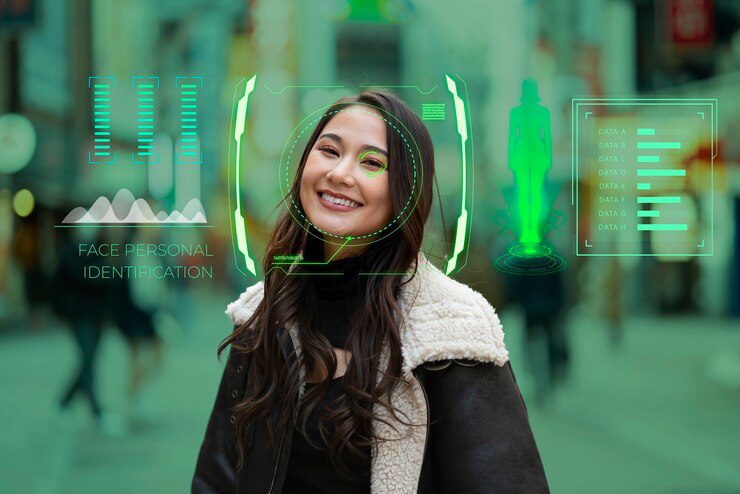On the eve of the new industrial revolution in technology, artificial intelligence, or AI, is promising to redefine basic human activities. This is due to enhanced developments in artificial intelligence such as machine learning, natural language processing, and robotics, to mention but a few. Data from PwC points to potential gains of AI to reach about $15.7 trillion in generated value for the global economy by 2030, detailing how the technology can revolutionize several sectors and lives.
Enhanced Personalization
The greatest effect of artificial intelligence in daily life will be the overall improvement of personalization. From shopping to entertainment, machines study user behaviors and patterns, and then Medicare the required stuff to the users. For instance, the two most popular nowadays streaming platforms, Netflix and Spotify, imply the usage of artificial intelligence in suggesting programs and songs, respectively, about the user’s previous experience. With the development of AI technology, we will be privy to even more elaborate personalized experiences that can track our needs, dispositions, and even preferences to make our human interfaces as pleasant as possible.
Smart Homes
Smart homes are slowly becoming more common in the world due to artificial intelligence. There is the ability of smart devices, which are driven by artificial intelligence, to enhance the observation and development of a routine. Smart thermostats that learn the occupant’s schedule and adjust the temperature, or virtual assistants such as Amazon’s Echo and Google Home that similarly control the environment around comfort and efficiency, are simply unmatched.
Healthcare Revolution
In healthcare, the use of artificial intelligence is expected to transform patient care and diagnosing systems. There is the capability; for example, in a huge medical database, AI algorithms can quickly scan, diagnose, and choose a specific treatment for an individual. For example, while diagnosing the disease, the use of tools such as IBM Watson Health can help doctors decide on the best treatment regime to offer the patient by reviewing records and literature. Also, using technologies such as artificial intelligence-powered wearable devices, physical well-being measurements are real-time and inform people of a possible disease before it develops. Based on data, it is predicted that the AI in healthcare market size will rise from $6.6 billion in 2021 to $67.4 billion by 2027, emphasizing the potential change this sector can undergo with the help of AI.
Autonomous Transportation
Self-driving vehicles are one of the ways that artificial intelligence is revolutionizing transport in the future. Current key players in this value include Tesla and Waymo, which are mainly using AI to design self-driving cars for complicated areas. From the standpoint of accident elimination and increasing avenues for transport for the elderly and disabled, the possibilities of purely automotive vehicles are far-reaching. According to the National Highway Traffic Safety Administration, about 94% of severe accidents can be attributed to mistakes that AI can prevent. The changes in the legal requirements appear to present the likelihood that self-driving car technology will become a norm in the following 10 years.
Conclusion
The integration of artificial intelligence into everyday life is not just a trend; it’s an impending reality that promises to enhance our personal experiences, improve healthcare outcomes, and revolutionize transportation. As AI technology continues to evolve, we must embrace its potential while remaining mindful of ethical considerations and the importance of data privacy. The future is bright, and with the right approach, artificial intelligence will undoubtedly become an invaluable partner in our everyday lives, empowering us to navigate the world with ease and efficiency. Embrace the change, and get ready for an exciting journey into the future of AI!







